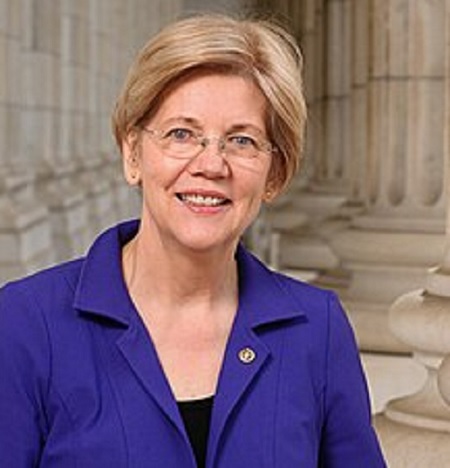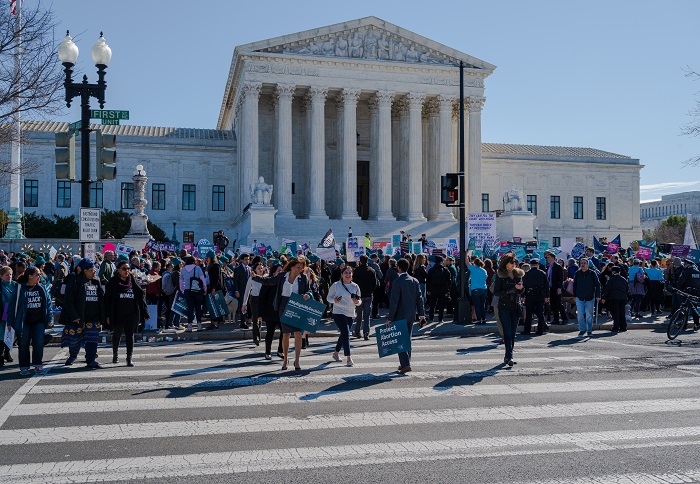By David G. Savage
Los Angeles Times consumer news online news
(Los Angeles Times) — The Supreme Court on Thursday upheld the U.S. consumer protection agency that was created under President Barack Obama and congressional Democrats to protect Americans from financial scams.
By a 7-2 vote, the justices rejected a constitutional claim brought by a coalition of payday lenders who had won before a panel of three Donald Trump appointees on the 5th Circuit Court of Appeals.
The lower court had questioned the legality of the agency, ruling it was not properly “accountable to Congress” because it did not receive its funding through an annual appropriation.
consumer news online news
Writing for the majority, Justice Clarence Thomas said “the statute that authorizes the bureau to draw money from the combined earnings of the Federal Reserve system to carry out its duties satisfies the appropriations clause” of the Constitution.
Thomas said early American history shows that Congress could fund the government through different means, not just through an annual appropriation.
“Based on the Constitution’s text, the history against which that text was enacted, and congressional practice immediately following ratification, we conclude that appropriations need only identify a source of public funds and authorize the expenditure of those funds for designated purposes to satisfy the appropriations clause,” he wrote.
Justices Samuel A. Alito Jr. and Neil M. Gorsuch dissented.
Alito faulted the court for upholding “a novel statutory scheme under which the powerful CFPB may bankroll its own agenda without any congressional control or oversight.”
Consumer advocates welcomed the decision.
consumer news online news
“This ruling upholds the independent funding structure that has made the CFPB a successful advocate for protecting consumers and holding big banks, payday lenders, and other financial institutions accountable,” said Devon Ombres, a legal policy director for the Center for American Progress. A ruling upholding the 5th Circuit Court “could have placed the entire financial regulatory system at risk and roiled financial markets.”
(Please click onto the image of the cat to hear Classical Music)

Throughout American history, agencies and bureaus such as the Post Office, the National Mint, the Customs Bureau, the Patent Office and the Federal Reserve Board have been funded by fees, not an annual appropriation from Congress. Congress decided to fund the CFPB through lending fees collected by the Federal Reserve.
Sen. Elizabeth Warren, D-Mass., is credited with conceiving of the idea when she was a law professor. The bureau was the centerpiece of the 2010 Dodd-Frank overhaul of financial regulations following the collapse of the mortgage market.

Its mission was to protect borrowers and consumers from deceptive and unfair practices by banks and mortgage lenders. It has returned more than $17.5 billion to wronged customers.
But it has been steadily opposed by much of the lending industry and by many Republicans who say the agency has too much unchecked power.
Congressional Democrats who created the bureau tried to shield it from the politics of Washington but that led to problems in the courts.
consumer news online news
Under the 2010 legislation, the bureau’s director could not be removed by the president for political reasons, and the bureau’s budget was off-limits to Congress’ annual process of appropriations. Instead, its funding comes from the Federal Reserve, which earns fees from lending. The bureau used $641 million of that money last year.
The Supreme Court’s conservatives had cast a skeptical eye on the bureau. Four years ago, the justices in a 5-4 decision rejected the independent status of the director and ruled that person could be removed by the president for any reason, including political differences.
The current dispute began as a challenge to a proposed regulation of payday lenders.
In ruling for the lenders, the three judges of the 5th Circuit, all appointees of President Trump, said it violated the Constitution to shield the bureau from an annual fight over its appropriation.
Judge Cory Wilson said the “bureau’s perpetual insulation from Congress’ appropriations power, including the express exemption from congressional review of its funding, renders it … no longer accountable to Congress and, ultimately, to the people.”
©2024 Los Angeles Times. Visit at latimes.com. Distributed by Tribune Content Agency, LLC.
consumer news online news


